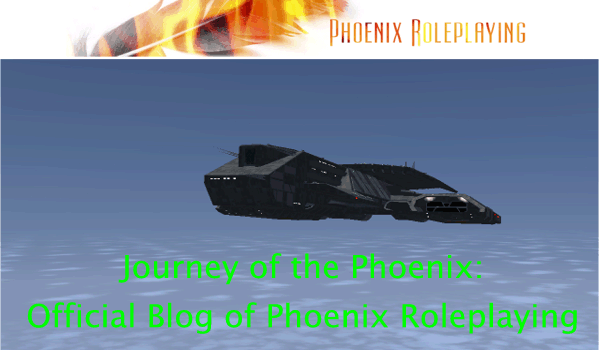Looking
back on 2012 – Elections and Voting
Robert Longtin, Elections and Voting
Coordinator, takes a look back on 2012 as well as his 3-year run as Elections
and Voting Coordinator and makes his predictions for 2013.
When
asked to write a reflection on 2012 from the role of EVC, I felt very strongly
that there would be little to write about. Indeed, we had a problem with two
votes which needed addressing which was covered in the previous newsletter, but
other than that there was no real change. It took me some time before I
realized that there was indeed something to be written about: for the office of
Elections and Voting Coordinator, 2012 is most notable for its lack of change.
The Early Years
As
some may remember in the old country, I first got involved in site politics in
our Firefly-based club as the Voting Coordinator (VC). It has been a long run
since then and there is much I have learned since the very beginning, which I
suppose is perhaps the best place to start.
I
think, for starters, it should be observed that when I first became the VC in
the old country the level of responsibility was minimal – you could hardly say
the position was time-consuming and if you tried hard enough you could imagine
the role as being an emissary between the Parliament Leader (club-level
administrator) and the Site-Wide Administrator purely for all things related to
the Voting Booth. So when I say the role was nothing like what it has since
become, I do mean it has truly undergone serious changes since I was first
offered the position back in December of 2009 by Ashley Leighton Plom. (Has it
been so long?)
The
responsibilities were few and simple: sort out the ballot information with the
Parliament Leader and send it to the Site-Wide Administrator, and when the vote
was finished, gather the results and turn those over to the Parliament Leader,
along with a few housekeeping responsibilities. The first vote I ran seemed to
keep pace with the previous votes, a total of 34 turned out to vote, but I had
noticed how slowly the results came in and how few the number of people there
were actually voting. I began getting in touch with CO’s to try to get the word
out about the voting booth to increase the turnouts.
After
that first vote, I had decided something needed to be done. I decided to start
keeping tabs on which players voted and in which sims those players were in so
that I could start reporting the turnout for each sim so as to encourage SL’s
better advertise the voting both by letting them know how their sims ranked
compared to other sims for the turnout. From there the turnouts only increased.
By the second vote under my leadership we experienced an increase of votes to a
total of 52 which reached a 67.5% total turnout.
My
keeping tabs on voters and the sims they were in was something not previously
done, and with the great success it had, the position of Voting Coordinator
became one of greater importance and has ultimately shaped the current position
of Elections and Voting Coordinator in Phoenix Roleplaying.
Times past
Since
the launch of Phoenix Roleplaying, you can say much has changed, but the days
of tracking players to produce individual ‘sim turnouts’ is no more. We
currently disseminate information about the votes more effectively than we did
before by sending vote invitations directly to e-mail inboxes rather than
making it exclusive to the site and so there hasn’t really been a need. With
that, it’s hard to imagine what more could be done, and that’s precisely what
2012 has been about.
Have
we really come so far that we have perfected the office of Elections and Voting
Coordinators? Or are we so comfortable in how things are done that there is
little reason to desire change? Or perhaps since all of the growing pains of
the founding of Phoenix Roleplaying are we ready to just focus on simming and
dismiss site politics? These are questions I have asked myself, and truth be
told: I don’t know the answers. What I do know is that in the two years before
2012 this office has seen immense changes, not the least of them being the fact
that the office of Elections and Voting Coordinator has been bumped way up to a
bonafide administrative position from its previously modest role.
In with the new
For
2013 I hope to see great things, more change, and perhaps even a degree of
excitement about voting like when I started tracking sim turnouts. I’d like to
avoid us getting too comfortable and becoming set in our ways – I’d like 2013
to see change.
Originally published in issue #4 of our newsletter 'The Burning Question'

